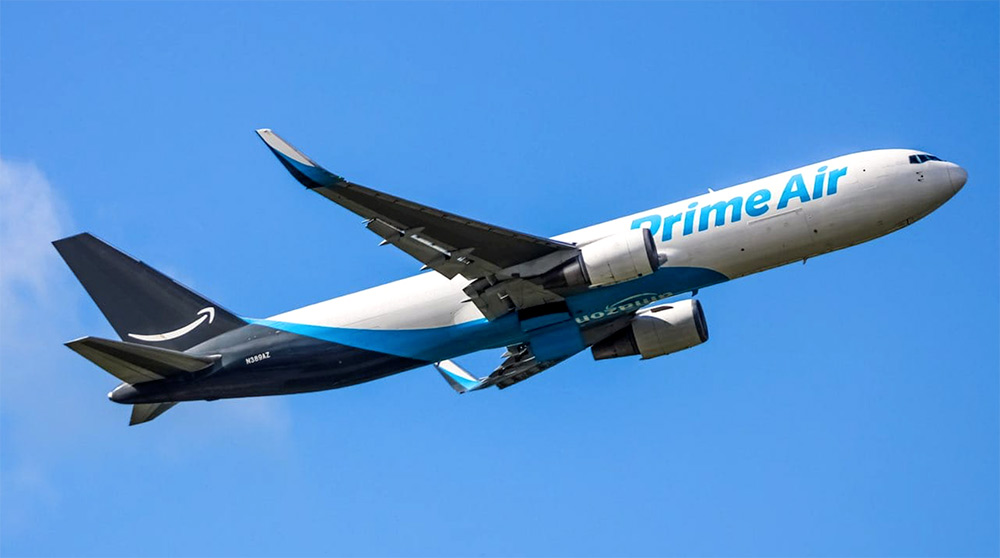Air transportation has revolutionized the way we travel and connect with the world. Beyond its obvious convenience, air transportation has far-reaching positive effects that extend to various aspects of our lives. From economic growth and globalization to cultural exchange and emergency response, the impact of air transportation is undeniable. In this blog post, we will delve into the multiple layers of positive effects that air transportation brings to our society.
- Economic Growth and Job Creation:
Air transportation plays a pivotal role in stimulating economic growth. It facilitates trade and commerce by enabling the swift movement of goods and services across borders. The accessibility provided by air travel opens up new markets, attracts foreign investments, and boosts tourism, thereby generating employment opportunities and increasing revenue for local economies. - Globalization and Cultural Exchange:
Air transportation has significantly contributed to the process of globalization. It has made the world smaller, connecting people from different cultures, backgrounds, and perspectives. This increased connectivity fosters cultural exchange, understanding, and appreciation. It allows individuals to explore diverse destinations, experience different traditions, and build bridges between nations, ultimately promoting peace and harmony. - Knowledge and Education:
Air transportation plays a crucial role in facilitating the exchange of knowledge and education. It enables students and researchers to attend international conferences, seminars, and workshops, fostering collaboration and the sharing of ideas. Additionally, it allows for the transportation of educational resources, such as books, equipment, and materials, to remote areas, ensuring equal access to education and promoting intellectual growth. - Medical Emergencies and Humanitarian Aid:
Air transportation plays a vital role in medical emergencies and humanitarian aid efforts. It enables the rapid transportation of medical professionals, organs for transplantation, and critical supplies to areas affected by natural disasters or conflicts. The speed and efficiency of air travel can be life-saving, providing timely assistance and support to those in need. - Environmental Considerations:
While air transportation has undeniable positive effects, it is important to acknowledge its environmental impact. Aircraft emissions contribute to greenhouse gas emissions and climate change. However, the aviation industry is actively working towards reducing its carbon footprint through technological advancements, the use of sustainable fuels, and operational efficiency improvements. It is crucial to continue investing in research and development to minimize the environmental impact of air transportation.
Conclusion:
The positive effects of air transportation are multifaceted and far-reaching. From driving economic growth and fostering cultural exchange to facilitating knowledge sharing and aiding in emergencies, air transportation has transformed our world. However, it is essential to strike a balance between reaping the benefits of air travel and mitigating its environmental impact. By embracing sustainable practices and technological innovations, we can ensure that air transportation continues to positively impact our lives while preserving the planet for future generations.

